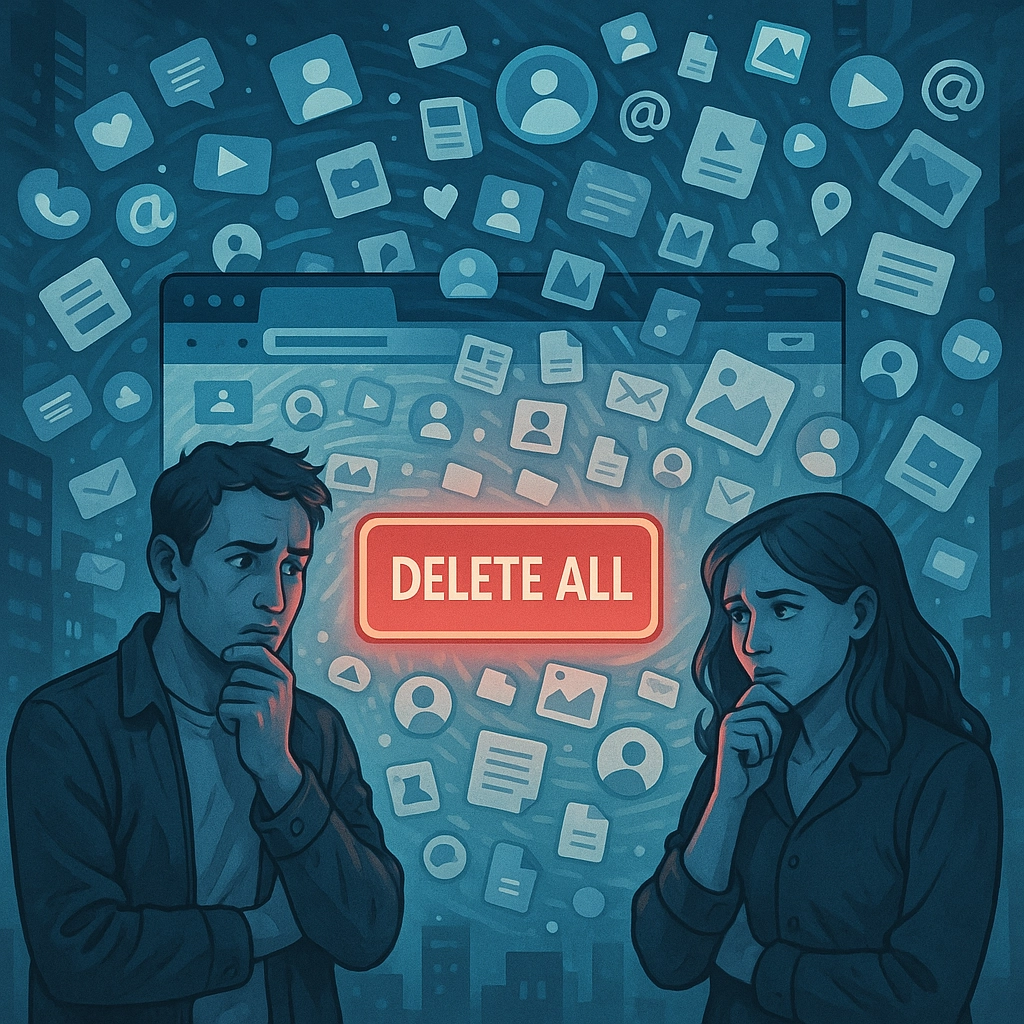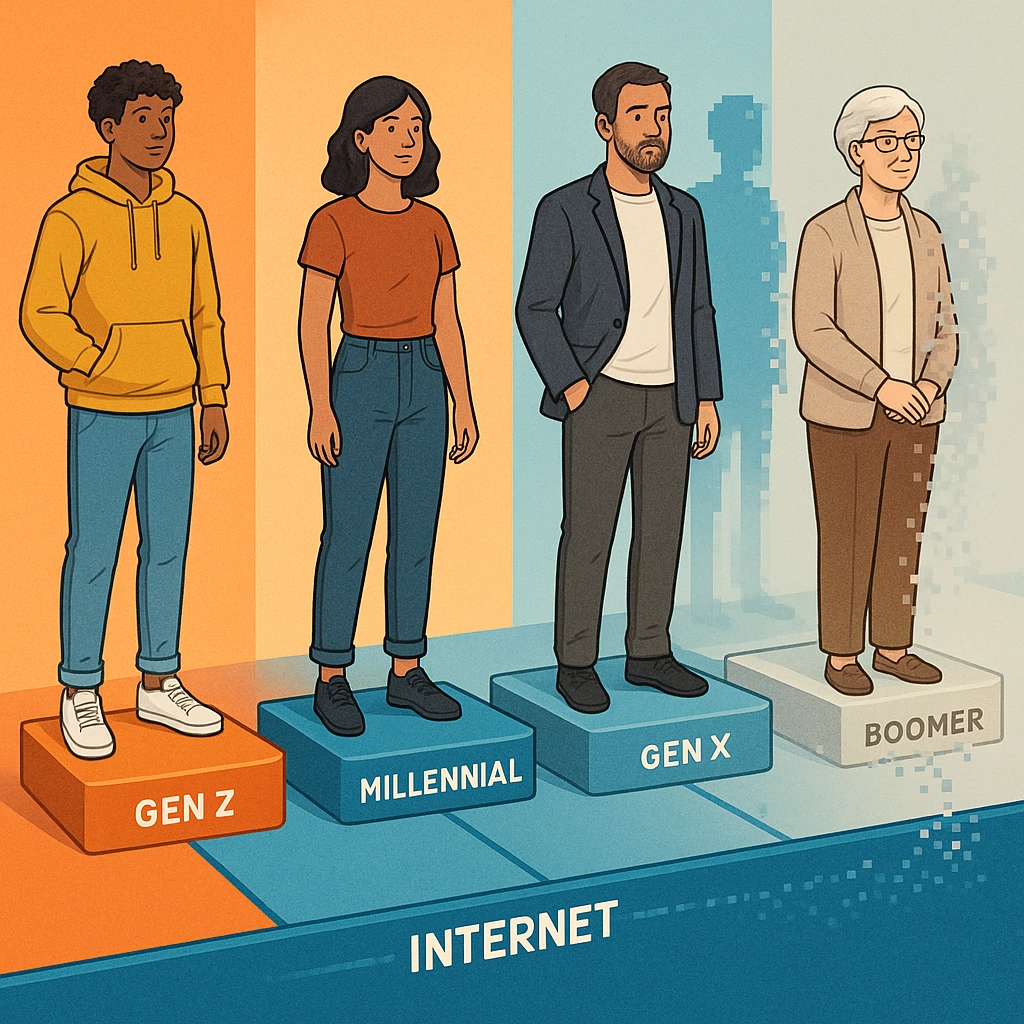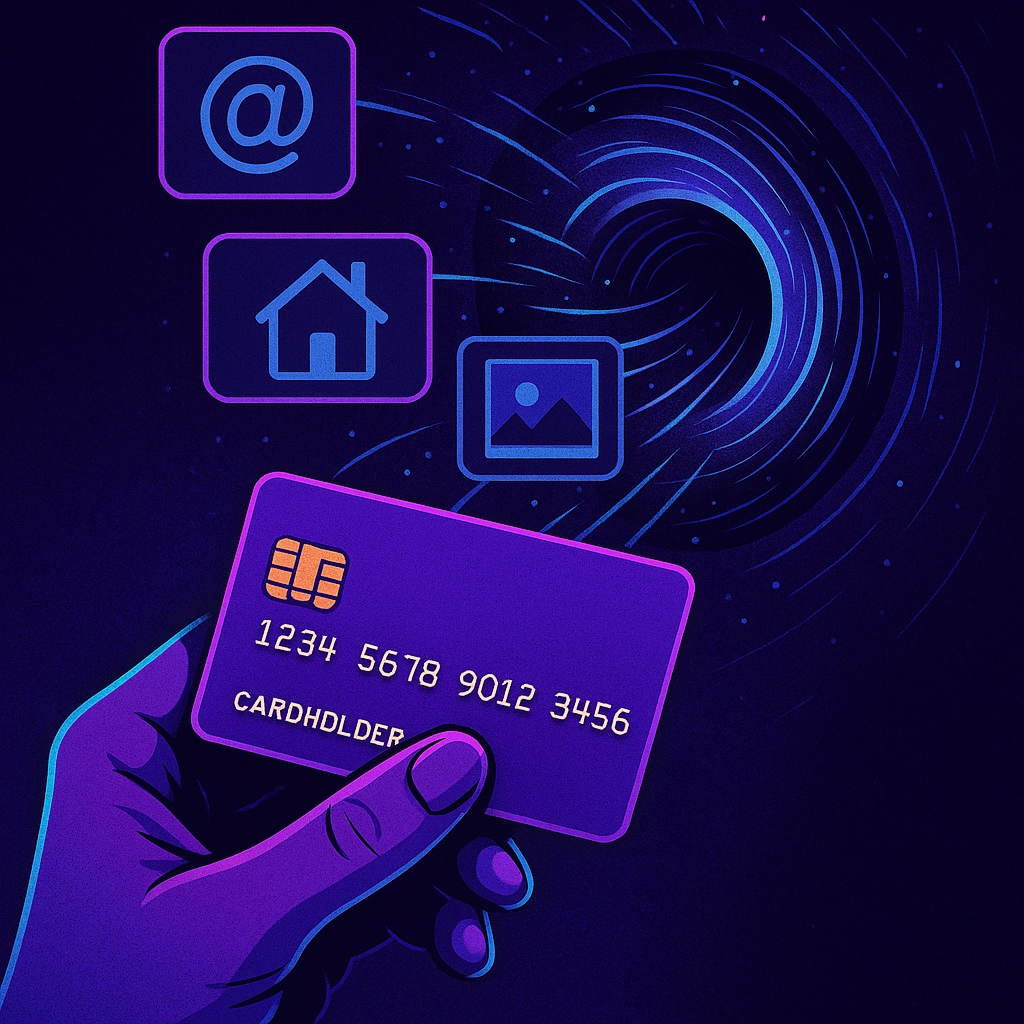Americans vs. Their Digital Footprints
Ever thought about wiping your name, photos, and posts off the internet and disappearing into digital thin air? Turns out, this isn’t just a daydream for online privacy buffs. It’s a wish shared by millions. Several studies over the past few years show that an eye-opening chunk of Americans would totally choose to delete themselves from the internet if given the opportunity.
The numbers? A 2022 NordVPN survey dropped a jaw-dropping stat: 55% of Americans said they’d disappear online if it were possible. Fast forward two years, and a follow-up study trimmed that figure to 44%, but that’s still nearly one out of two adults in the country wanting their online presence gone.
Why is this urge so strong, and what’s really driving it? Let’s unpack the digital drama.

Who Wants to Press Delete? Demographic Deep-Dive
Not everyone has the same itch to erase their online self. The desire to vanish from the web splits up along age lines, gender, and even location.
Younger People Lead the Privacy Charge:
- Millennials (born 1981–1996): 56% want their digital traces erased
- Gen Z (born 1997–2012): 53% also feel done with their online selves
- Gen X (born 1965–1980): 41% admit to being deletion-curious
- Baby Boomers (born 1946–1964): Only 30%—guess the "Facebook generation" is more chill about it
It’s not just age, though. Gender plays a role, too. Women (47%) are slightly more likely than men (42%) to want their personal info scrubbed.
And globally? Americans and Canadians top the leaderboard on this trend, with roughly a third of people worldwide expressing a similar hope—just not as passionately as those in North America.
Why Do People Want to Delete Themselves Online?
What pushes millions to consider digital self-erasure? Three big reasons pop up time and again:
1. Trust Issues
A whopping 47% of respondents said they just don’t trust the internet anymore. Whether it’s companies mishandling data, hidden privacy policies, or that eerie feeling your phone “hears” you, many Americans have lost faith in the safety of their info.
2. “There’s No Reason for Me to Be There”
Almost 46% claim they simply have no good reason to have their names floating around Google, social profiles, or forum comment sections. The novelty of social media has worn off—and the risks have become all too clear.

3. Hackers Are Everywhere
Fear of hacks is real. 42% of those surveyed worry they’ll get hacked eventually. With data breaches and identity theft showing up in the news almost weekly, it’s not surprising people want the ability to nuke their online profiles.
Plus, there’s the embarrassment (or just plain annoyance) of having old or cringey stuff online. Think regrettable social media posts, awkward prom photos, or decade-old forum rants that somehow still exist.
What Do People Want to Delete the Most?
Sure, everyone dreads having embarrassing selfies or awkward party pics resurface, but when people talk about deleting themselves, they’re especially focused on sensitive data. Here’s what tops the “scrub me” wish list:
- Financial Info (60%): Credit card details, banking info—nobody wants that floating around
- Embarrassing moments (26%): Old stories, viral fails, you name it
- Old social/dating profiles (26%): Everyone's grown since 2012, right?
- Unflattering photos/videos (24%): The internet never forgets…people wish it would
- Employment history (23%): Outdated résumé stuff and jobs you’d rather not mention
Also high on the list: deleting personal stuff like home addresses, phone numbers, and marital status. Even minor details can become a privacy risk in the wrong hands.

The Privacy Action Gap
If over half the country wants out, you’d think we’d all be deleting accounts left and right. Surprisingly, while the desire is high, actual action is low:
- Only 42% of Americans even know data removal services exist
- Just 6% actually use them
Some people never get around to it. For others, the process is confusing, or they worry it’s impossible to fully vanish from the internet’s memory banks anyway. There’s also an education gap: If you don’t know your data is vulnerable or where it’s stored, it’s hard to clean it up.
Privacy Concerns Are Getting Louder
The rising wish to go “off the grid” comes at a time when our digital pasts follow us everywhere—jobs, dating, insurance, schools, you name it. Companies and governments keep collecting data and, all too often, leaking it. Add in advances in AI and facial recognition, and the urge to take back control keeps growing.
In fact, some experts say 2025 is the year social media “jumped the shark”—turning from a fun place for self-expression into something that feels more like a trap.

Is Full Deletion Even Possible?
The sad truth? Hitting “delete” doesn’t work the way most of us hope. Even if you deactivate your Facebook or Twitter account, traces often stick around on company servers. Third-party data brokers, screenshots, forum quotes—they all help keep old content alive. Big Tech companies also have little incentive to let users nuke everything, since data drives their business models.
There are, however, ways to claw back some privacy:
- Close and delete old accounts
- Request removals from data brokers
- Use privacy tools and browser extensions
- Go “old school” with less online sharing
Still, total deletion is tough. Once info leaks, it can be copied, backed up, and spread across the web forever.
Why This Trend Isn’t Going Away
As Americans keep waking up to the risks and realities of living digitally, there’s a growing backlash against default sharing. Whether it’s worrying about hacks, regretting old posts, or just being tired of constant surveillance, people are taking privacy into their own hands—even if it’s just by wishing they could vanish.
While technology keeps moving forward, millions of Americans are looking for ways to step back, limit exposure, and protect what’s left of their privacy. Until the balance shifts in favor of real, user-friendly deletion controls, expect even more folks to dream about a life without a digital footprint.








